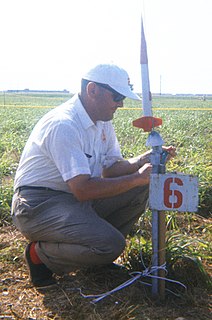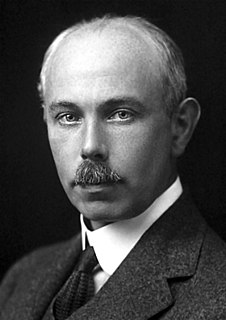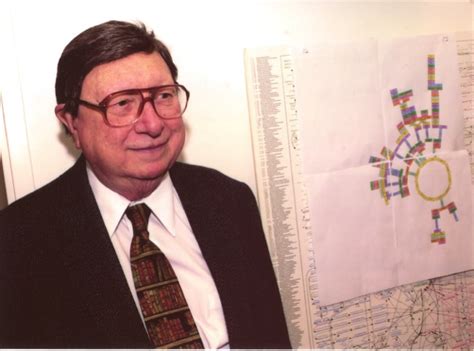A Quote by Howard Rheingold
Humans have lived for much, much longer than the approximately 10,000 years of settled agricultural civilization.
Quote Topics
Related Quotes
A few years ago, they [Neandertals] were thought to be ancestral to anatomically modern humans, but now we know that modern humans appeared at least 100,000 years ago, much before the disappearance of the Neandertals. Moreover, in caves in the Middle East, fossils of modern humans have been found dated 120,000-100,000 years ago, as well as Neandertals dated at 60,000 and 70,000 years ago, followed again by modern humans dated at 40,000 years ago. It is unclear whether the two forms repeatedly replaced one another by migration from other regions, or whether they coexisted in some areas
Although humans have existed on this planet for perhaps 2 million years, the rapid climb to modern civilization within the last 200 years was possible due to the fact that the growth of scientific knowledge is exponential; that is, its rate of expansion is proportional to how much is already known. The more we know, the faster we can know more. For example, we have amassed more knowledge since World War II than all the knowledge amassed in our 2-million-year evolution on this planet. In fact, the amount of knowledge that our scientists gain doubles approximately every 10 to 20 years.
People can't live with themselves much longer. The planet cannot live with humans much longer! We have the weaponry, destruction of the planet, pollution, destruction of forests, countless manifestations of humans using their intelligence in the service of the dysfunction, the madness. It's a strange juxtaposition. Humans are intelligent, but if you look at history or even watch TV, they're also incredibly stupid.
There is a radical and unprecedented shift [in war] that is part of the general transformation of civilization. First, understand that the past 150 years of warfare are totally unprecedented in that we introduced a breathtakingly inefficient technology: guns. In the First World War, and this is not an exaggeration, it took 10,000 rounds of ammunition to kill one person. Any given shot had a one in 10,000 probability of ending someone's life.
You go to towns in Massachusetts, Greenfield, first settled in 1686. Wouldn’t it be cool if it said, “Greenfield. First settled c. 13,000 B.P. or approximately 13,000 Before the Present. Resettled.” Maybe we could say even, “Resettled by whites,” Or, “Resettled anyway, 1686.” It would have a different impact. And of course it would help explain why the town is called Greenfield, because it was a green field and the fields were left by Native people who had already been farming them.



































